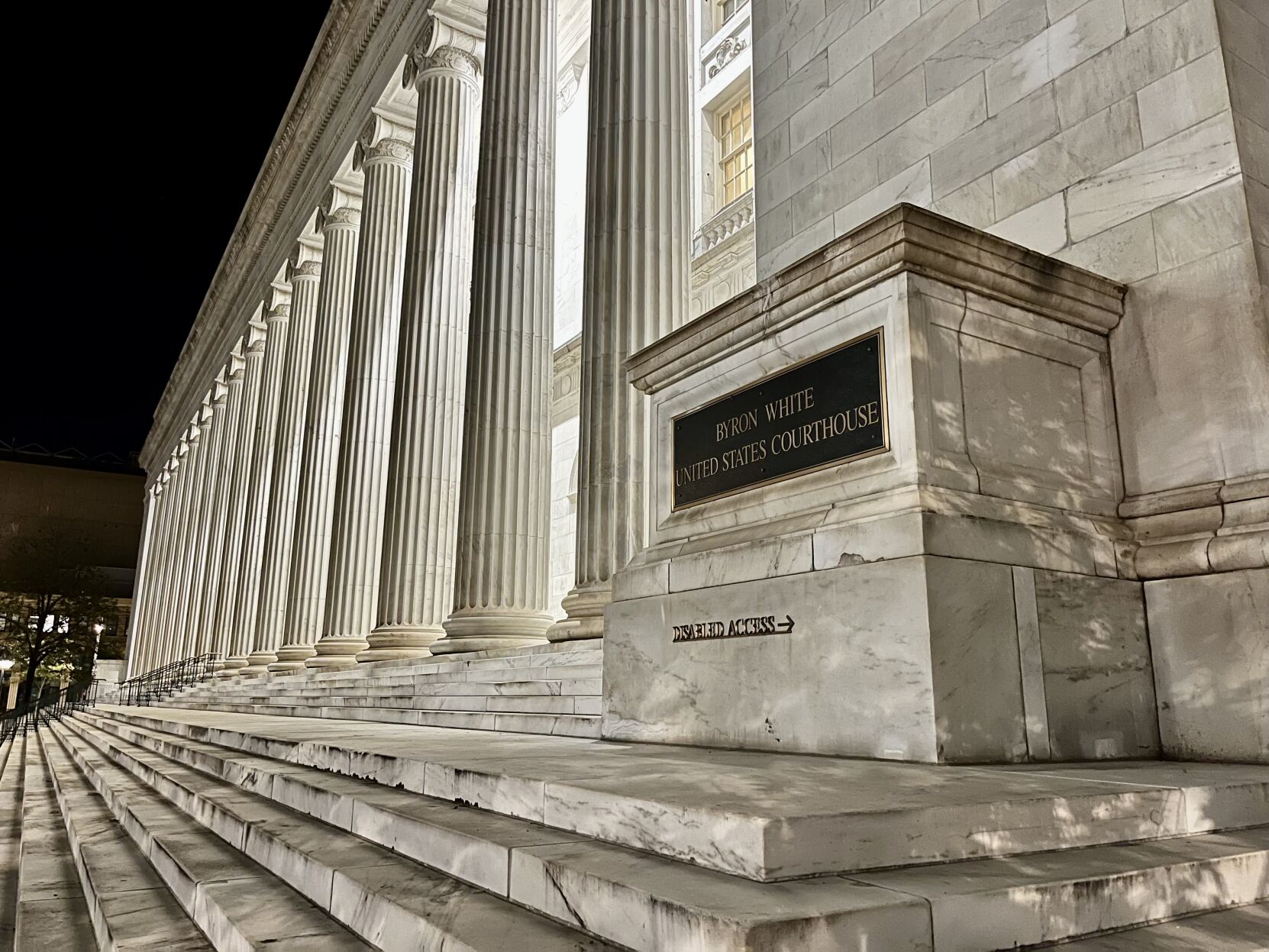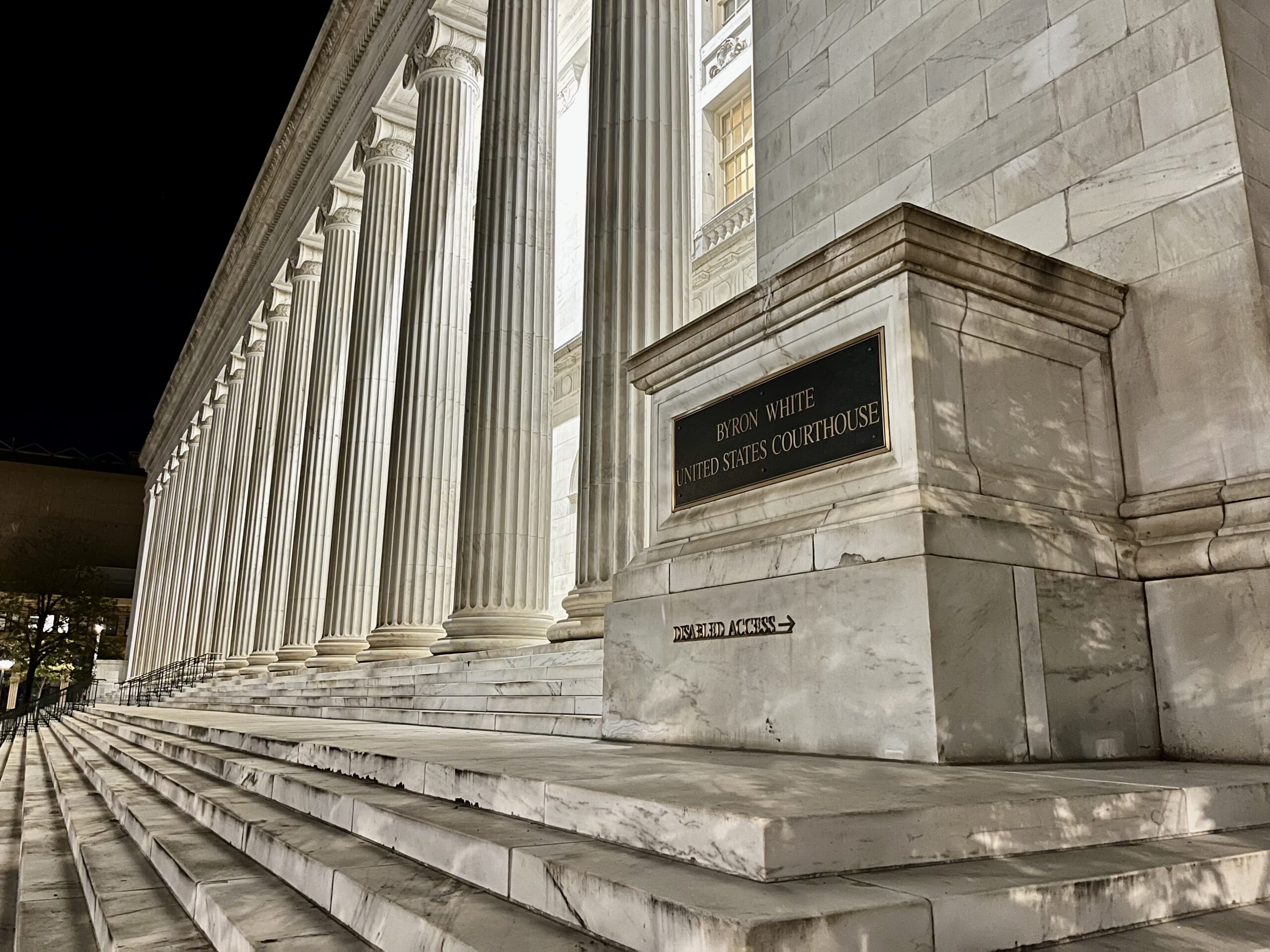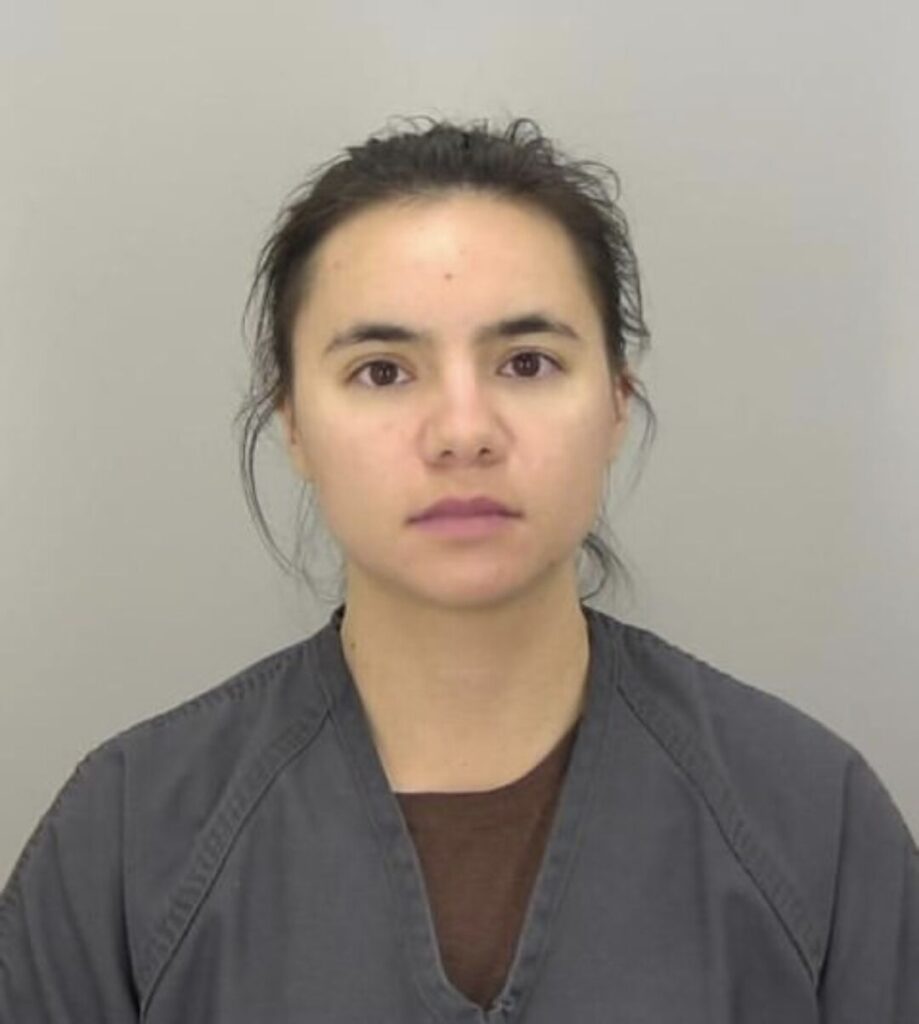10th Circuit wipes away $1.5 million in sanctions judge imposed without good reason

The federal appeals court based in Denver has overturned a judge’s seven-figure sanction on a pair of law firms for proceeding with what she termed a “fatally flawed” case, even though the judge communicated there were legitimate issues worth deciding before she suddenly changed her position.
U.S. District Court Senior Judge Christine M. Arguello sided with the defendant in a corporate malfeasance case after an 11-day trial. Finding the plaintiffs failed to prove their claims, she also concluded the lawyers “recklessly” continued with the case, despite knowing it was meritless.
The news came as a surprise to the attorneys, given that Arguello had multiple opportunities to reject the case or exclude their key expert witness. Instead, she raised no red flags until the very last moment.
In its Tuesday decision, a three-judge panel of the U.S. Court of Appeals for the 10th Circuit was mystified that Arguello had advanced the litigation through trial – even complimenting the attorneys for doing a “fabulous job” – before turning around and imposing $1.5 million in sanctions. Although Arguello had accused the plaintiffs of inaccurately representing some of their evidence prior to trial, the panel’s majority believed the “only change or inconsistency” was in Arguello’s own views.
“Here, the district court gave Plaintiffs’ counsel no indication that their claims were meritless or that their expert was unqualified, instead allowing the case to proceed,” wrote Judge Carolyn B. McHugh for herself and Judge Nancy L. Moritz in the Oct. 31 opinion.
Case: Obeslo v. Empower Capital Management
Decided: October 31, 2023
Jurisdiction: U.S. District Court for Colorado
Ruling: 2-1
Judges: Carolyn B. McHugh (author)
Nancy L. Moritz
Timothy M. Tymkovich (dissent)
Judge Timothy M. Tymkovich dissented, believing Arguello, after holding a trial and hearing all of the evidence, was within her rights to conclude the case lacked merit and the lawyers should have known better.
“Judge Arguello presided over a seven-year odyssey involving complex but ultimately groundless multi-million dollar claims,” he wrote. “Attorneys have an independent duty to continually reevaluate their claims to avoid prolonging a meritless case. The failure to do so is sanctionable.”
Outside organizations also weighed in on the appeal. The U.S. Chamber of Commerce argued the court system is already congested with litigation, and the threat of sanctions is important to deter additional frivolous lawsuits. Other groups, however, warned that upholding Arguello’s penalties would largely benefit corporate defendants going forward.
“This chilling effect on would-be litigants would result in fewer claims brought by consumers and their counsel, essentially subverting Congress’s intent in enacting consumer protection statutes,” wrote the National Association of Consumer Advocates and National Consumer Law Center.
Multiple shareholders of the investment company Great-West Capital Management, known now as Empower, sued over allegedly excessive fees being charged for financial services. The shareholders alleged Empower breached its duties under federal law, even though no plaintiff has ever succeeded using the specific law the shareholders cited.
Before trial, Empower moved for summary judgment, seeking to end the case in its favor. Arguello denied the request, finding there was “a genuine dispute” about the fees charged to the plaintiffs. She also declined to bar the testimony of the plaintiffs’ expert, J. Chris Meyer, deeming his methods “sufficiently reliable” and agreeing he was qualified to speak.
During trial, Empower again moved for judgment in its favor. Arguello denied that motion, too.

In her final decision, Arguello concluded the plaintiffs had not proven their case against Empower. In doing so, Arguello found Meyer was “thoroughly discredited” and she gave his opinions “no weight.” When Empower moved for sanctions against the plaintiffs’ attorneys, Arguello granted the request.
“If Plaintiffs had accurately represented the limitations of Mr. Meyer’s expert opinions, it is highly likely that this case would not have survived Defendants’ Motion for Summary Judgment,” she wrote in September 2020.
She also pointed out that no plaintiff had ever prevailed in this type of lawsuit.
“Plaintiffs’ attorneys were undeterred by the signs that their case was fatally flawed; they recklessly proceeded to trial in violation of their duty to objectively analyze their case,” she wrote.
The plaintiffs’ lawyers appealed the $1.5 million in sanctions. The 10th Circuit panel, during oral arguments, appeared unsettled at Arguello’s sudden conclusion the case was meritless, given that nothing had changed since she decided it was trial-worthy.
“There were so many opportunities here to say something other than positive statements about the sufficiency,” observed Moritz. “What potentially makes it abuse to me is if the district court said one thing throughout and then said another, and didn’t recognize the conflict in her own rulings.”
“It’s pretty clear the district court said, ‘There’s enough here,'” echoed McHugh. “The district court turns around and says, ‘This was all in bad faith … and I’m gonna hit you for a million-and-a half in attorneys’ fees.’ Why shouldn’t we be concerned about that?”

McHugh, writing for the panel’s majority, agreed Arguello’s decision to advance the case did not, itself, shield the lawyers from sanctions. However, Arguello’s awareness of the evidence and testimony at summary judgment undermined her ultimate conclusions about the frivolousness of the case.
Arguello “provided no reference to the record or substantiation of what inaccurate representations Plaintiffs made regarding Mr. Meyer’s expert opinions,” McHugh wrote. “And our own review of the record finds no such inaccurate representations.”
She added that the lack of plaintiffs’ historical success on similar claims should not have put the lawyers on notice their case was bogus. McHugh observed no other court has imposed sanctions for bringing such cases, nor has the 10th Circuit ever weighed in on the relevant legal standard.
Tymkovich defended Arguello’s actions, saying it was the parties’ responsibility to “educate her about the case.” Although she found Meyer met the minimum qualifications to testify as an expert, she did not evaluate his conclusions until hearing him speak.
“And it was not until trial that the district court saw ‘abundant’ examples of weaknesses and inconsistencies in Mr. Meyer’s testimony and determined he lacked credibility,” Tymkovich wrote.
The case is Obeslo et al. v. Empower Capital Management, LLC et al.

michael.karlik@coloradopolitics.com













